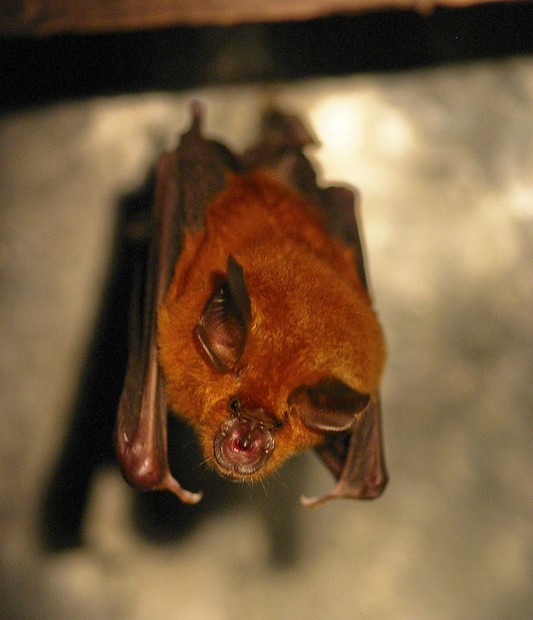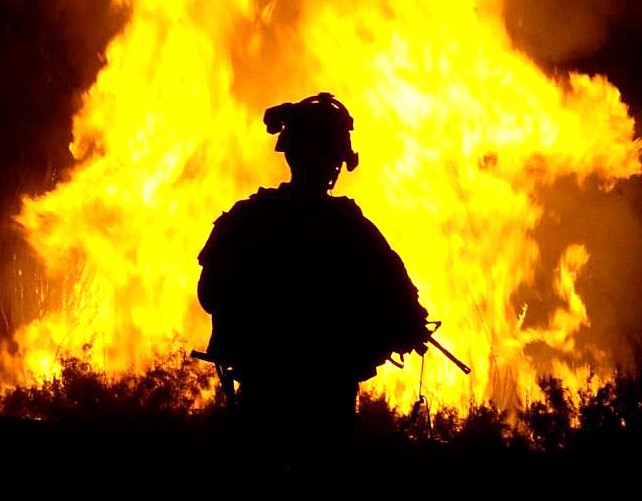The Pan American Health Organization (PAHO) yesterday issued an epidemiologic alert about elevated chikungunya activity in the Americas, which urged countries to prepare their healthcare systems to handle the medical management of it and other mosquito-borne diseases.
The group said cases were up sharply in 2022 compared to the previous year, with 13 countries reporting chikungunya infections. There were more than 271,000 illnesses last year, 95 of them fatal. For comparison, the region reported about 137,000 cases in 2021, 12 if them fatal. During the first 4 weeks of 2023, PAHO received reports of 30,707 cases, including 14 deaths.
PAHO warned that countries in the Southern Cone will face summer temperatures in the first half of 2023, which could put an increased arbovirus burden on health systems in affected areas. Another factor is a lot of susceptible people, given that the last large outbreak occurred 8 years ago, in 2014.
CDC / Lauren Bishop
Chikungunya is spread by Aedes aegypti and Aedes albopictus mosquitoes, which are common in the Americas and also carry dengue virus. The main symptoms are joint pain, which can persist. The disease isn't typically fatal, but vulnerable groups such as newborns and seniors are at higher risk for severe disease.
There are currently no vaccines or treatments.
Chikungunya vaccine trial enrollment
Valneva, a pharmaceutical company based in France, today announced that it completed enrollment for the phase 3 trial of its candidate single-dose chikungunya vaccine. The trial will take place in 754 adolescents in Brazil, and the first results are expected in the middle of 2023.
The trial, funded by the Coalition for Epidemic Preparedness and Response (CEPI), is intended to support a label extension for a possible initial regulatory approval from the US Food and Drug Administration (FDA). The company completed a rolling submission to the FDA in December 2022.













